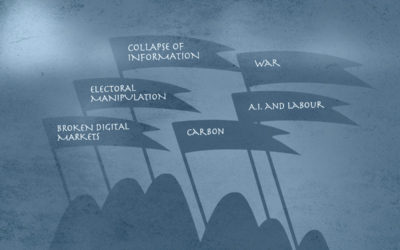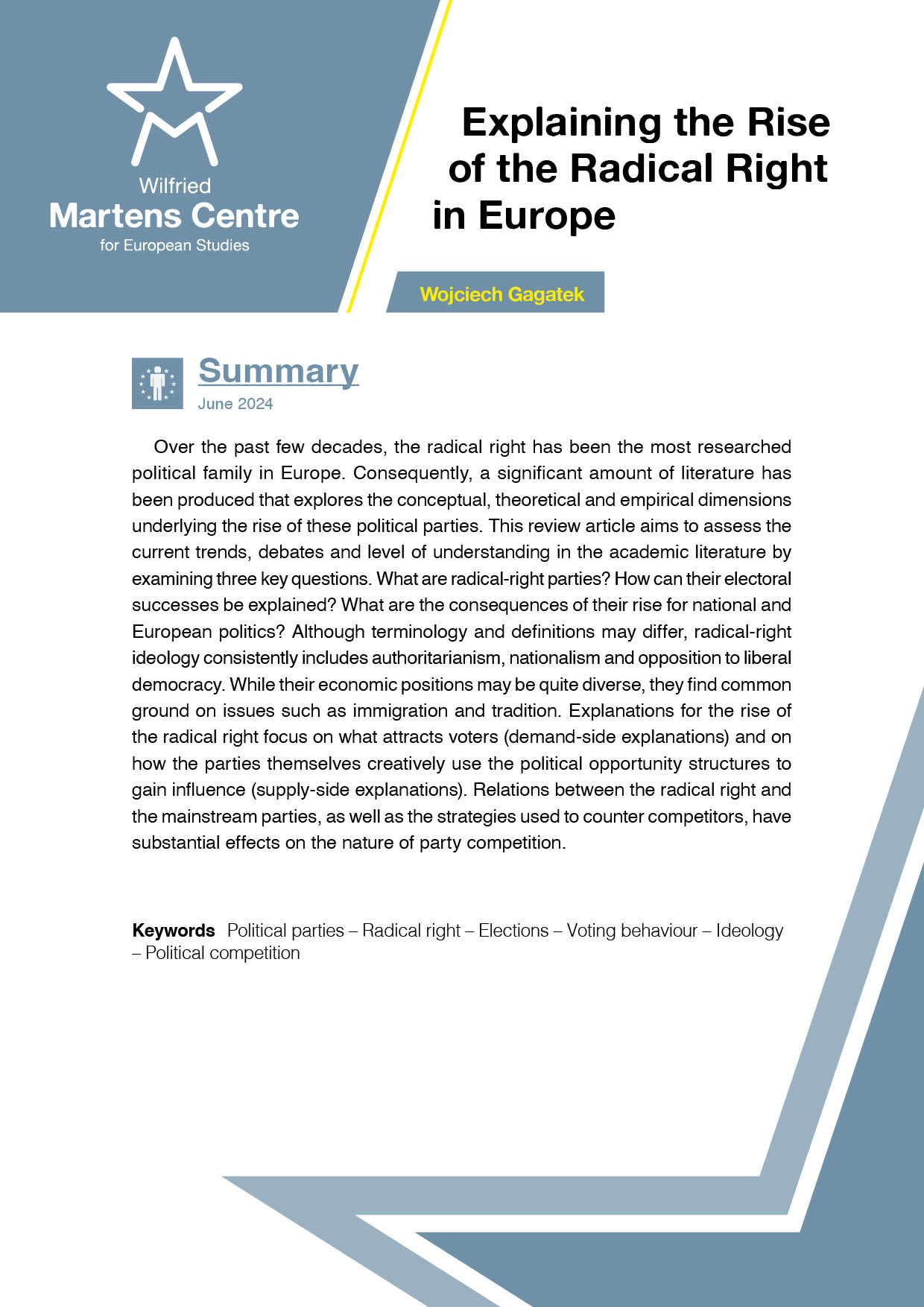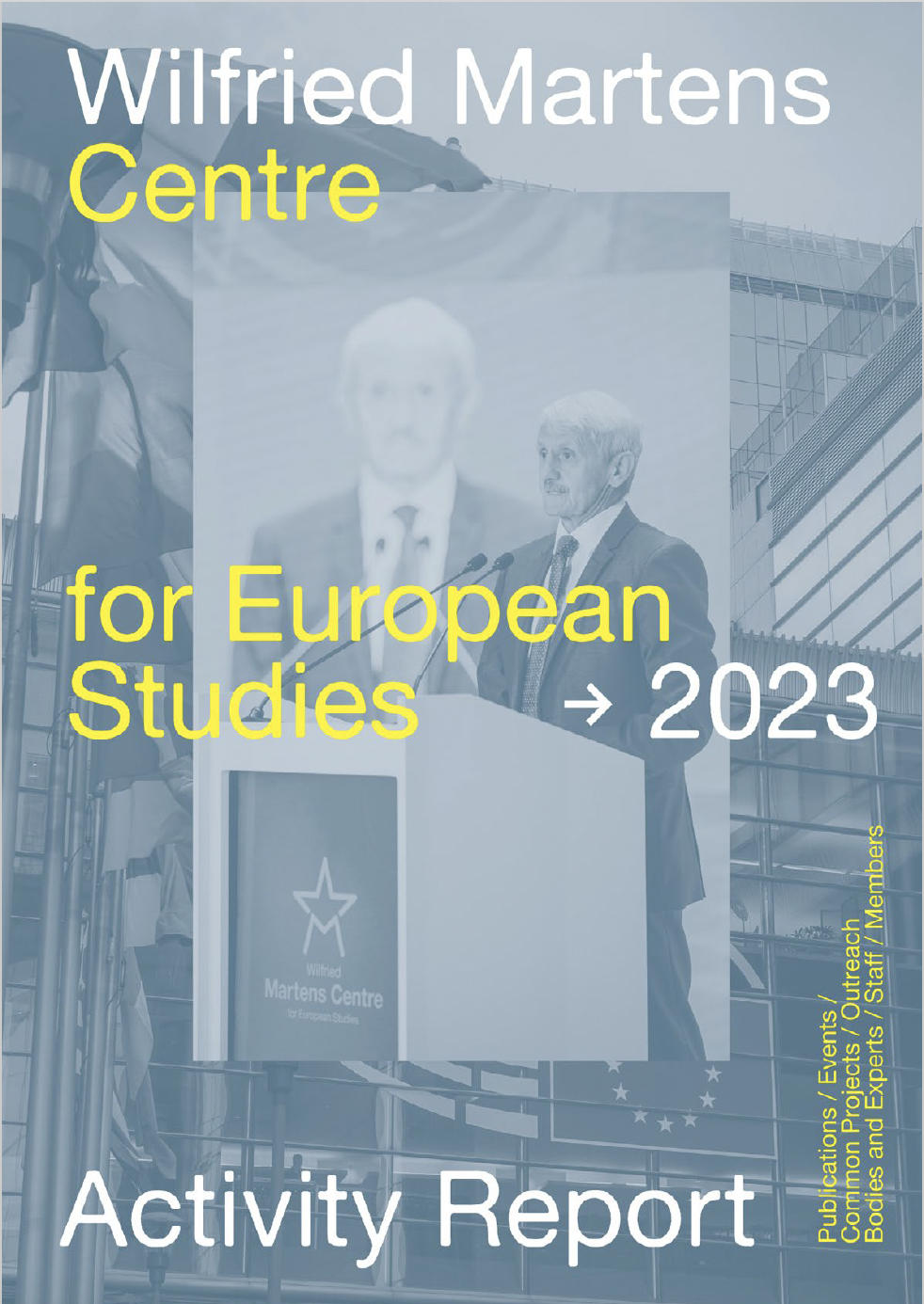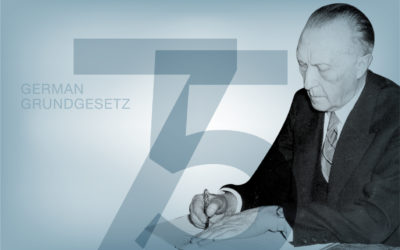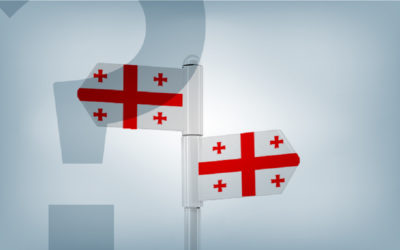How have V4 countries responded to the Corona crisis?
25 May 2020
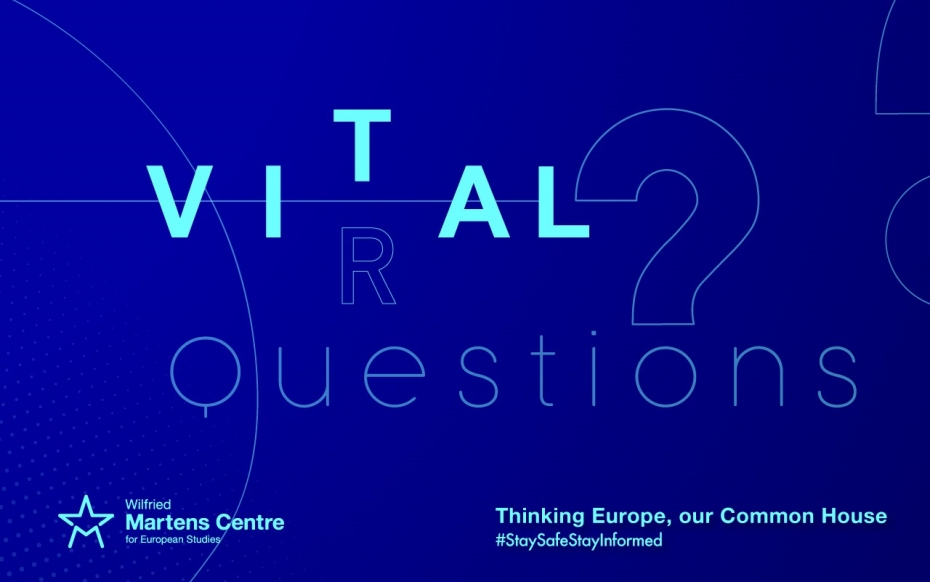
EU countries have begun to ease national restrictions aimed at countering the COVID-19 pandemic. When it comes to the Visegrád Group, how do you evaluate the emergency powers granted to the executive branch?
Pavlína Janebová, Deputy Research Director at the Association for International Affairs (Prague):
“Strengthening the powers of the executive branch is certainly a logical and legitimate step in times of crisis. Regarding the Visegrád states’ governments (i.e. the Hungarian, Polish and Czech governments, as the Slovak one took office only recently), handling the COVID-19 pandemic has largely confirmed the tendencies that we had seen before. Fidesz-KDNP is taking Hungary yet another step further from democracy and the rule of law (with the EU still unable to react adequately). PiS in Poland is pushing for controversial legislation including a change to the electoral code despite the pandemic. Finally, the coalition of ANO and the Social Democrats in the Czech Republic is struggling to produce clear and comprehensible policies for their citizens, and although this is not surprising, it is far from encouraging.”
Péter Krekó, Executive Director of Political Capital, independent policy research, analysis and consulting institute (Budapest):
“The V4 varies in this respect, and I think we can observe somewhat uneven tendencies within the V4. We can find more problematic tendencies of executive (mis)use of power under the pretext of fighting the pandemic in Poland and Hungary, and less in Czechia and Slovakia. In Poland, for example, the government is using the pandemic to put further restrictions on abortion, while it is not obvious at first sight how this might help to stop the epidemic. A law, similar to one in Russia, Hungary and Israel, which aims to discredit NGOs critical of the government by revealing their “foreign funding”, is underway.
In Hungary, the government also took steps to silence critical voices. Under the veil of the COVID-19 crisis, the Parliament amended the criminal code to make spreading hoaxes or ‘distorted facts’ about the coronavirus punishable by up to five years in prison. Government-organised think tanks and media then listed opposition journalists as sources of hoaxes to make the message even more evident. Authoritarian practices are also more widespread. For example, police fined citizens who were peacefully protesting against certain government measures without physically gathering, by making noise with their car horns and bicycle bells.
What instead seems to be a common trend in Central and Eastern Europe is a narrative that China is providing help amid the coronavirus crisis, and the EU is not. Ironically, China might end up extending its sharp power influence in the region as a result of its ‘mask diplomacy’.”
Milan Nič, Head of the program for Central-Eastern Europe and Russia at the German Council of Foreign Relations-DGAP (Berlin):
“None of the other Visegrád group countries went as far as granting special powers with no time limit to its head of government, as in Viktor Orbán’s Hungary. His rule by decree, adopted on March 30, did not make Hungary’s response to the spread of COVID-19 more effective than elsewhere in the region. In the regional context, Budapest was rather late in its response, less transparent and also had the lowest testing capacity. The Czech Republic and Slovakia, in contrast, closed schools in early March and enforced early lockdowns without the need to widen constitutional frameworks in place. Both countries also made wearing masks mandatory ahead of other European countries. Granted, they also made a number of confusing moves along the way, but these were corrected in response to public criticism and free media coverage.
If we want to take lessons for the future, the overall response showed that none of the V4 governments had developed civilian crisis management systems for emergency situations, and had to rely on their armed forces or improvised decisions at the verge of legality, e.g. the very strict supervised treatment of their own citizens returning from abroad.”
Do you think there was an East-West divide in the way governments addressed the COVID-19 pandemic?
Pavlína Janebová: “While I do not like the connotations of an ‘East-West divide’, it is clear that imposing strict containment measures early on helped prevent a much more serious spread of the disease in some Central and Eastern European countries. While that certainly is great news, the relative ease with which the borders were closed and the fact that the restrictions were largely undisputed might be a dangerous precedent for the future of Schengen and EU integration in general.”
Péter Krekó: “I do not really see this. We can see across the world, and in the region as well, that even politicians who were initially hesitant to recognise the pandemic as a significant threat were later just following international trends and the recommendations from doctors and scientists. The region is lucky in that it seems to have been hit by the virus much less than Western Europe. The reasons for this are still to be analysed, and the region’s smaller global role matters. But even that only gave an advantage of 2 to 3 weeks for the countries in the region, and lockdowns, following Western formulas, began earlier here. The region also regards Western Europe as a model now, in the incremental opening process.”
Milan Nič: “Yes, by now it is clear that the EU’s East moved faster to enforce lockdown measures than most Western European governments, despite a much lower level of confirmed COVID-19 cases. This was partly motivated by fear and awareness that their relatively weak and underfunded health care systems might not be able to contain a major outbreak.
For the moment, I am concerned that an East-West divide could also be repeated with lifting the lockdowns, just in reverse mode. So far, V4 governments have been too careful and risk-averse when it comes to restarting their economies, which will have a severe impact on the economic recovery and social burden in the whole region.”
In addressing the impact of the COVID-19 crisis at the EU level, how can the V4 contribute to economic burden-sharing?
Pavlína Janebová: “In tackling the consequences of the COVID-19 pandemic, solidarity and mutual cohesion in the EU will be crucial. While the Visegrád countries tend to consider themselves to be among the ‘poorer’ EU member states, and they will certainly experience economic downturn, it will be important for them to realise that other states will be taking the hardest hit. The Visegrád states should be ready to show solidarity in financing economic recovery.”
Milan Nič: “That remains to be seen, as so far the V4 countries have neither been part of the problem nor the solution – most of them being outside of the Eurozone. But the main part is still ahead of us: political bargaining over EU recovery instruments and the next MFF (budget). For the entirety of Central and Eastern Europe, this is a crisis without precedent in the post-transition period as well as in their period of EU membership. Regarding the Visegrád countries, their government’s response is not going to be the same. It will likely shape individual countries’ political position in Europe, along with prevailing perceptions of the entire region by Western European public opinion – with a tendency to see them as one unit – for years to come.




